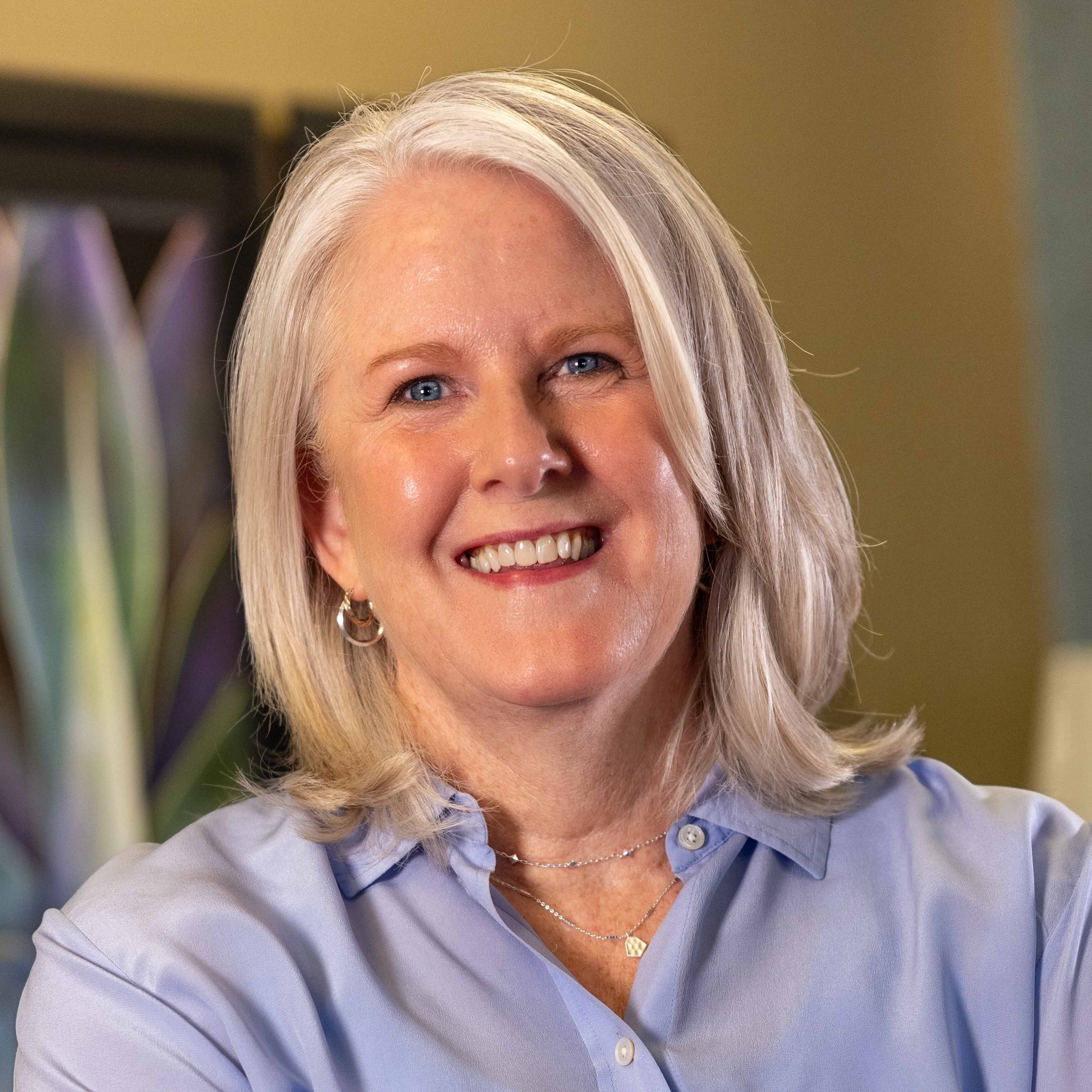 When I was younger, I felt that focusing on money and finances, like how much I made or what new gadget I could afford, was a bit egotistical. I figured if I had a budget that was enough attention to money. Then I got married. My husband and I didn’t discuss money other than a using a simple spreadsheet and agreeing to live within our means. That first year of marriage we made some financial mistakes that caused us to suffer an unexpected, large tax bill. I count myself lucky. If it wasn’t for that painful financial experience, I may not have woken up the fact that making finances a top priority goes a long way to achieving well-being.
When I was younger, I felt that focusing on money and finances, like how much I made or what new gadget I could afford, was a bit egotistical. I figured if I had a budget that was enough attention to money. Then I got married. My husband and I didn’t discuss money other than a using a simple spreadsheet and agreeing to live within our means. That first year of marriage we made some financial mistakes that caused us to suffer an unexpected, large tax bill. I count myself lucky. If it wasn’t for that painful financial experience, I may not have woken up the fact that making finances a top priority goes a long way to achieving well-being.
Well-being is defined by Dictionary.com as “a state characterized by health, happiness and prosperity.” Many of us may understand the concept to mean that we need to take care of ourselves in order to be healthy. We may need to eat right and exercise. It takes focus, attention and commitment. It may help to develop habits that support our health, such as going on morning runs, brushing our teeth upon waking, or not eating after dinner.
Financial well-being takes similar focus, attention and commitment as well as developing good habits around money. It starts with understanding that paying attention to your finances is important.
Financial Well-Being and Women
One of the best ways to achieve financial well-being is to create a financial plan or road map. According to a study on Women & Financial Wellness by Merrill Lynch, 61 percent of women would rather talk about their own death than money1. Additionally, 45 percent of women say they do not have a financial role model1. Yet, women who don’t create a financial plan for themselves risk being unprepared for retirement (whether they choose retirement or retirement chooses them) and may not be able to maintain their lifestyle.
So how does a woman create a financial plan, pay attention to their finances and build wealth for their family and their future? How does she start?
Shine a light on it
One way to take the fear out of something is to shine a light on it. We find that clients who have had a nagging suspicion that they haven’t been saving enough for retirement actually feel relief when we create a financial plan with them and affirm that they were correct. Once a person knows what they are facing, it’s much easier to offer solutions and methods to mitigate a situation while there is still time to make changes.
Alternatively, when clients are presented with the findings that their retirement funding is solid, it opens up other avenues for them. They may be able to fund some bucket-list items, focus more on philanthropy or create trusts and a solid foundation for future generations.
Work with an Objective Third Party
It’s understandable to not want to talk about money with friends and family. We don’t want to feel superior to, or less than someone else. Without solid role models or time to study personal finance, it can be difficult to create a personal financial plan. That’s where an objective professional can be of help. Certified Financial Planning Professionals (CFP®) are trained to offer objective financial advice that is tailored to your situation. As fiduciaries, they are required by law to put your interests first. Look for a CFP® that will be non-judgmental and who can help you maximize your resources to fit your situation. It’s a little like working with a doctor. You might not tell your neighbor about the details of your knee pain, but you do want to open up to your doctor about it. Your doctor is trained to test and diagnose your situation and provide objective advice on treatment.
A CFP® can do a similar service for you in the realm of your finances. They can assess your current situation and illustrate your future financial picture. Additionally, they can prescribe certain remedies so you can optimize your financial well-being. Do you need to save more for retirement? Keep your investments liquid to take advantage of an upcoming opportunity? Fund college for children? Reduce your overall tax bill? Change the method of gifting to your charities to reduce your tax picture and broaden your impact? A CFP® can help you with all of that.
Develop Good Financial Habits
Just like keeping your teeth and body healthy by developing good habits, you can improve your well-being by developing good financial habits. Below are a few good habits to get into:
- Create a budget and review spending monthly. The first step to achieving financial well-being is to know how much income you have and determine how much of it you can spend and how much you can invest in your future. Each spending category needs to be considered in an overall budget picture. If you spend too much on housing you will have less to spend on auto expenses or groceries. You can develop this budget with a simple spreadsheet or use a number of apps available such as Every Dollar or YNAB. Review your spending monthly and a specific time – such as the first Sunday of each month.
- Automatically invest. An easy way to invest in your future is through your employer retirement plan, investing automatically with each paycheck. Many employers offer matching dollars to encourage employees to contribute. This is essentially free money which you may want to take advantage of. Beyond this, your financial plan may suggest you invest additional money to your employer retirement plan or to other investments. The easiest way to do this is to invest the same funds every month. Preferably these funds are invested either through your paycheck, or automatically sent to your savings or investment account immediately upon your paycheck landing in your bank account.
- Set aside money for bumps in the road. I read a quote once that said, “Don’t expect to reach age 90 without having had a flat tire.” Stuff happens. Plan ahead and set aside money for it each month, even though you don’t know what that “stuff” is going to be. You will be able to continue following your financial plan without getting derailed when something goes wrong. Most CFP®s will suggest you have 6 months worth of living expenses in cash in the bank in case you lose your job. Another good habit is to save an extra few hundred dollars each month to meet regular unforeseen expenses such as having to fix the brakes on the car, replacing the water heater or paying for health care deductibles. As long as you plan for these things, then you won’t have to dip into the funds you set aside for your goals and you can continue to move forward financially.
- Review your financial progress annually. By focusing on your long-term financial goals you will be able to see and celebrate your progress, which can help keep you motivated for the long term. Additionally, if your goals or plans change, you can make adjustments to fit your new situation. This will go a long way to helping you achieve financial well-being.
Visualize your Future
It can be difficult to focus on the future with the pressures of today. One way to help you stick to your habits is to visualize yourself in the future. See yourself as an older woman 20-30 years in the future and visualize yourself enjoying your life. You might even download an app that can help you see what you’ll look like in thirty years. I tried AgingBooth and noticed I will look a lot like my father. A study called Increasing Saving Behavior Through Age-Progressed Renderings of Future Self, has shown that people who can visualize themselves as an older person may allocate more to savings.
A good financial foundation is one of the cornerstones of well-being. Just like good health, financial well-being takes attention and commitment. It starts with understanding your current situation and creating a financial plan to achieve your future goals. Along the way, consulting a financial professional and developing good habits could help you support the future you and enhance your overall well being for the long term.

Sources
1 Source: Merrill Lynch, Women & Financial Wellness: Beyond the Bottom Line, https://mlaem.fs.ml.com/content/dam/ML/Registration/ml-womens-study.pdf


